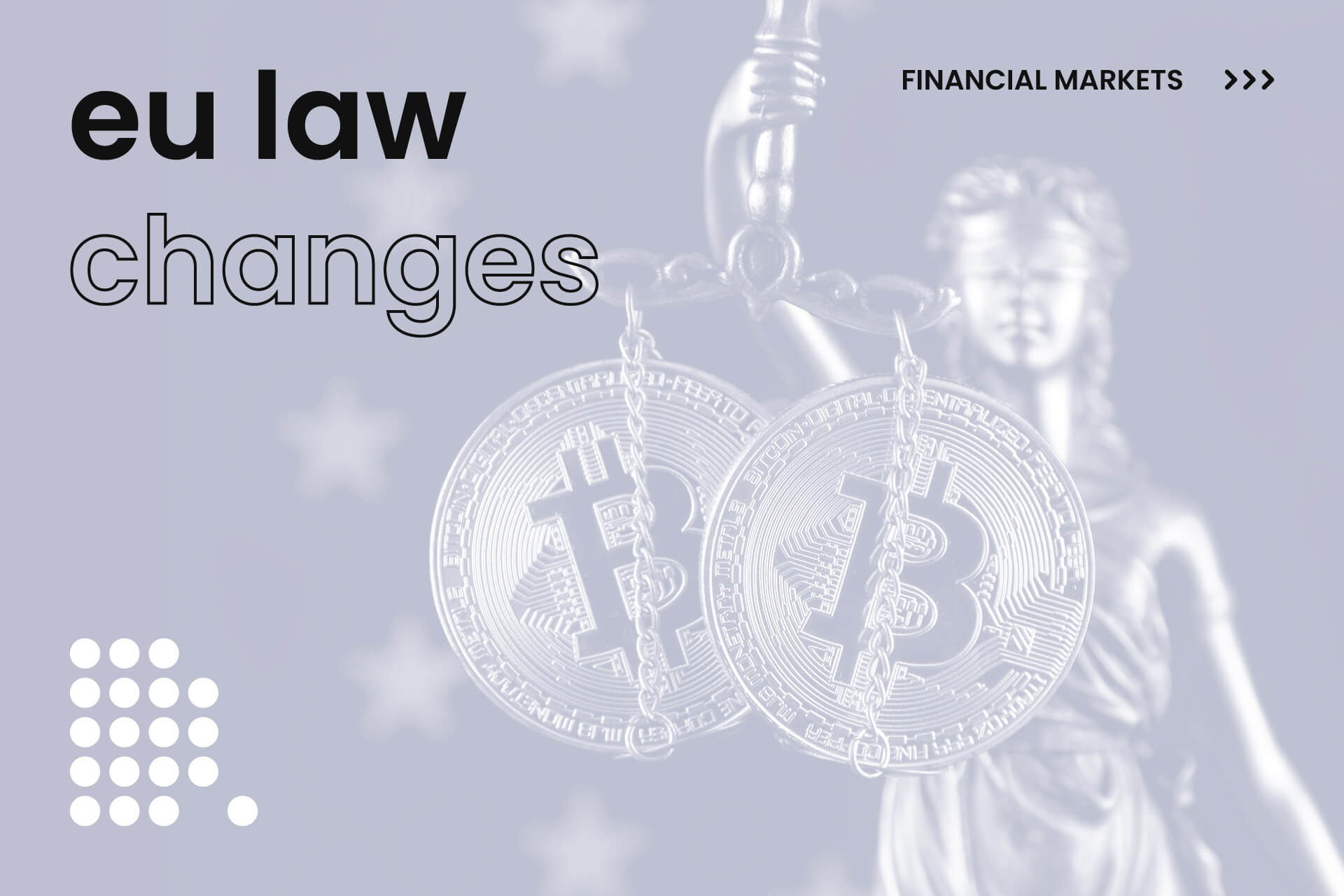
The end of February might mark a promising new beginning for blockchains operating in the European Union.
As The Fifth Anti-Money Laundering Directive (AMLD5) is to take effect, the crypto industry will be obliged to apply anti-money laundering procedures and get registered. For blockchain players this means new possibilities as the whole industry will be treated under the same rules as any traditional businesses sector.
What is the AMLD5
The number of crypto transactions are on the rise and is likely to increase further in the future. As digital currencies give their holders a high degree of anonymity, they also allow them to use blockchain for illegal purposes.
The provisions of Fifth Anti-Money Laundering Directive (AMLD5) are intended to increase transparency and to strengthen the rules against money laundering and terrorist financing across Europe.
Once the Directive is adopted to national law, mandatory verification for users of any blockchain platform will be required. Everyone who makes crypto transactions must provide credentials such as ID documents to use a company’s services. The crypto platforms herewith will be liable to monitor transactions and submit suspicious activity reports.
According to the EU, the new law will give European financial regulators better access to information via centralised bank account registers. It will also help to broaden the criteria for assessing high-risk countries and ensure high level of security for money moving to or from such countries.
How it affects crypto industry
The AMLD5 might mark important changes in the blockchain industry. Since it provides more clarity to crypto services, the industry players will be regulated as any other business.
Furthermore, the new policy is meant to enhance protection for the cryptocurrency industry itself. Considering the legislation, banks won’t be able to unilaterally ban services with crypto-related payments. From now on they will be required to justify their refusal to serve a particular customer. The change means, more people will now be able to purchase virtual assets without worrying about bank interventions.
Although the new legislation might open more possibilities for blockchain users, it does not grant privileges to the digital asset industry. The AMLD5 just puts the virtual currency market on the same legal field as traditional businesses. How they seize opportunities depends on the crypto players themselves.
Sponsored
